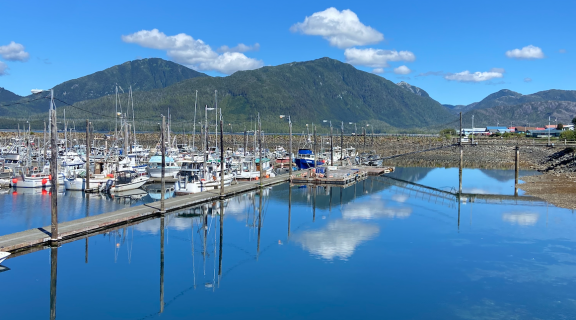
Rosenberg Institute Seminar Series - Michele Repetto
Overview
Biotic interactions among nearshore marine species under global change
Michele Repetto, Postdoctoral Fellow, Smithsonian Environmental Research Center
Abstract
Changes in the ecological structure, biodiversity, and functioning of ecosystems have occurred in all types of habitats. In this talk, I will first explore broad scale biogeographic and oceanographic factors that contribute to variation in consumer pressure along tropical coastlines, and highlight the importance of diverse predator assemblages to the structure and maintenance of natural communities. Shifting focus to higher latitudes, I will then assess the potential for coastwise spread of introduced marine species along the West Coast of North America, with special attention to environments that are experiencing both an increased level of vessel traffic and rapid environmental changes in recent years. As unprecedented declines in biodiversity, along with extreme weather events and temperature anomalies, are predicted to increase under global change, understanding the movement and interaction of species under different biotic and abiotic contexts can help shed light on how we can maintain diverse ecological communities.
Bio
Michele Repetto is a Smithsonian Postdoctoral Fellow in the Fisheries Conservation Lab at the Smithsonian Environmental Research Center in Maryland. As a community ecologist and marine scientist, her primary interests focus on exploring how species interact and disperse in natural environments, and how these patterns are influenced by global change. Michele earned her B.S. in Marine Science from the University of South Carolina, and her Ph.D. from Temple University in Philadelphia. Prior to pursuing her doctoral degree, Dr. Repetto interned with SERC-West Marine Invasions Lab and later worked as both a technician and postdoc with the lab.
